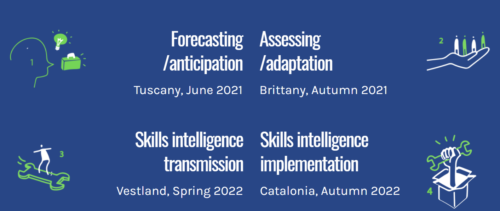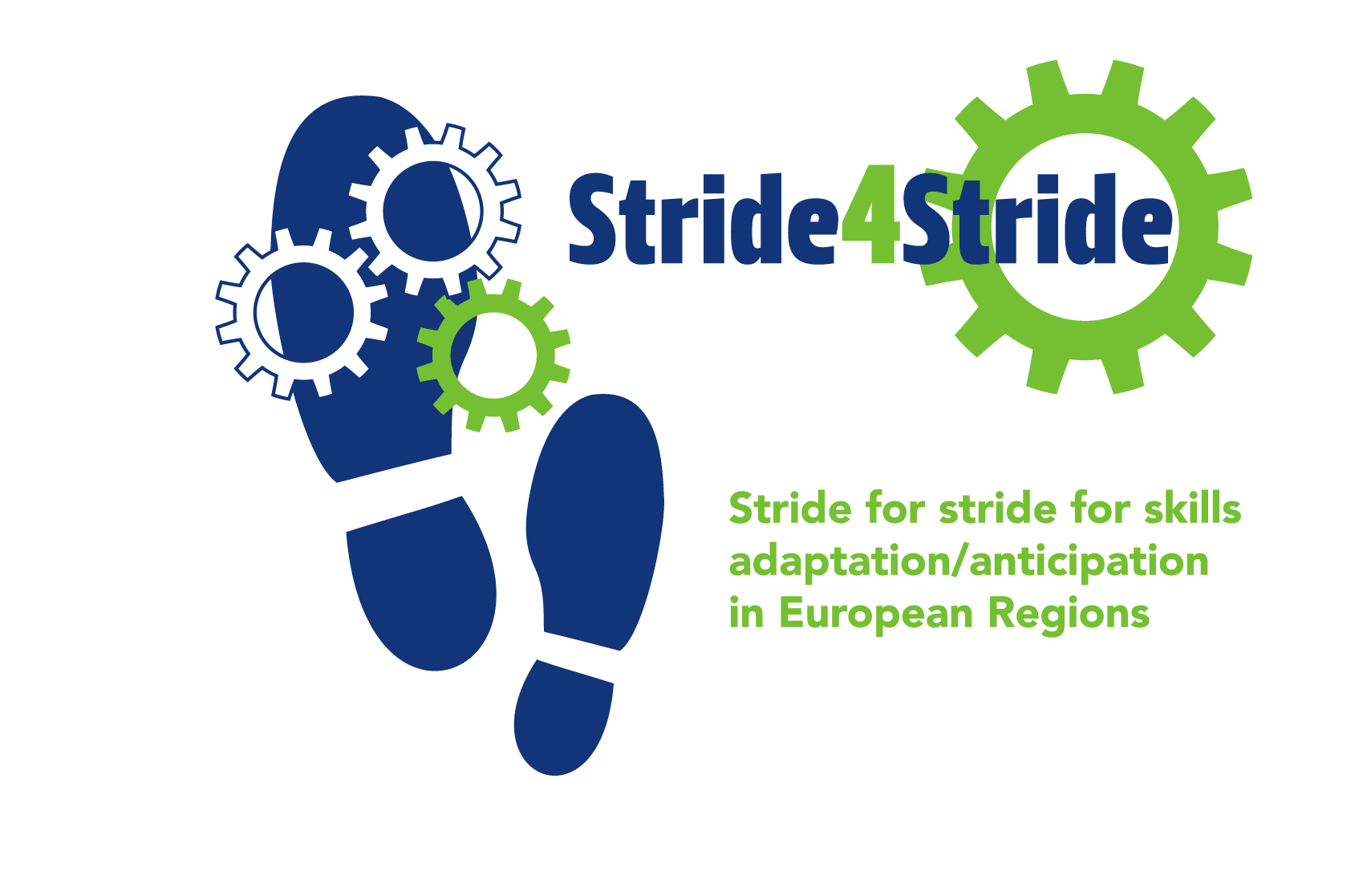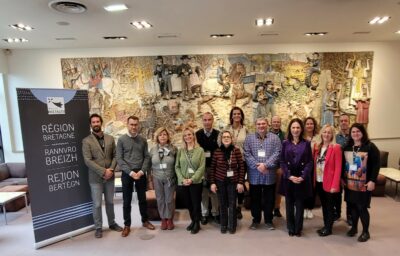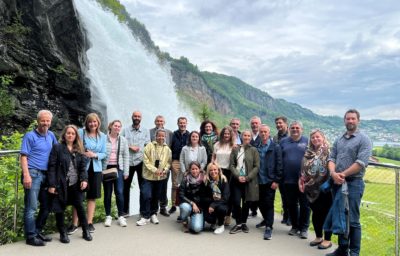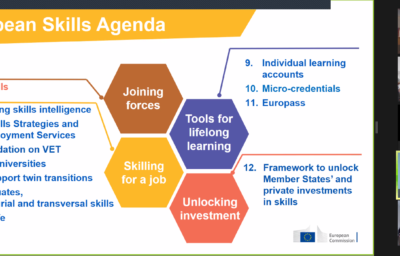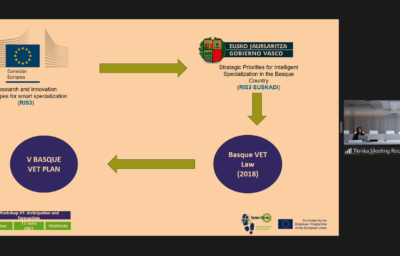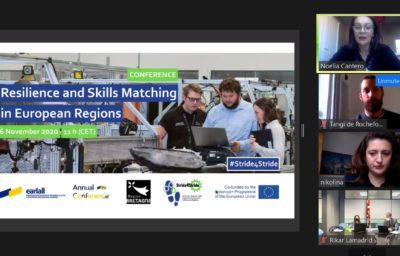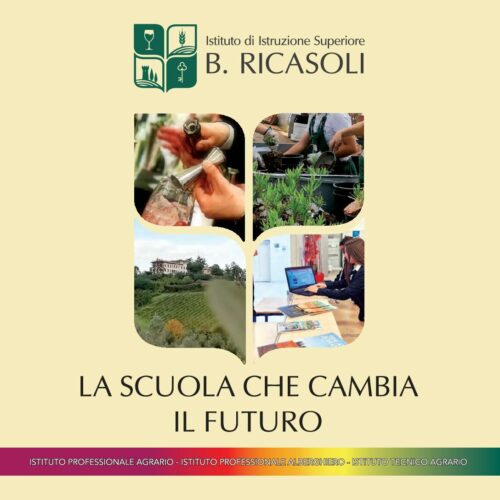#S4Stride: Stride for stride for skills adaptation/anticipation in European regions
In a labour market heavily impacted by Industry 4.0 and SDG commitment (2 million employments will be created by the latter), and the rise of soft skills as a new area of interest in terms of qualifications, differences between skills offer and demand have widened. The context of the COVID-19 outbreak must also be noted, affecting the need of resilience as a fundamental skill; as the Commission has already stated, upskilling and reskilling programmes to protect workers from unemployment and loss of income to avoid permanent effect will be an essential tool to mitigate the effects of the crisis, with 59 million jobs at stake and those without university degrees in a higher risk (short-term job risk is highly correlated with level of education, McKinsey & Company, April 2020). Therefore, there is a crucial need for education and training systems to identify, anticipate and teach skills that are suitable for future needs, rather than to catch up with technological, demographic and environmental changes after they have happened.
For all these reasons and with the objective of aligning the education and training provision with regional smart specialisation strategies (S3), the Stride for Stride project (funded by Erasmus+) will work on building up the concept of Regional Skills Ecosystems.
The #S4Stride peer-learning workshops
